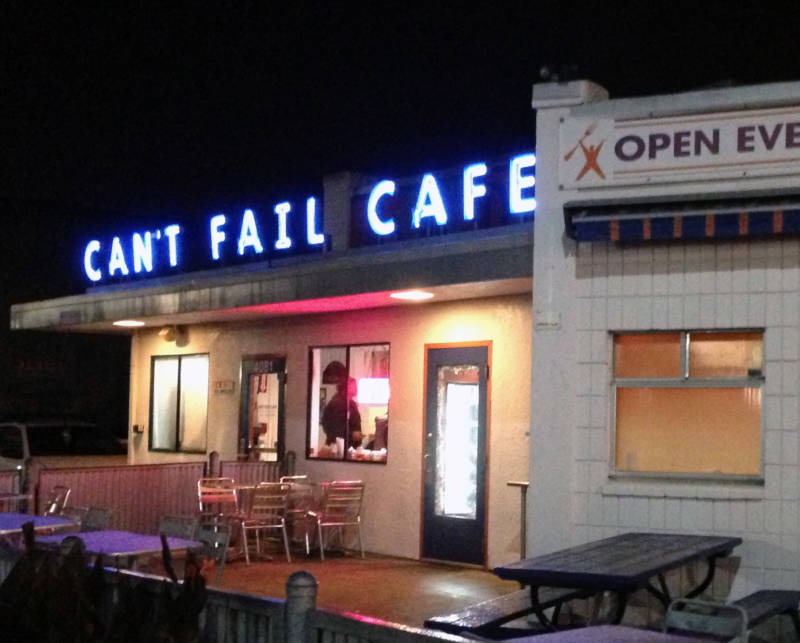When Douglas Smith, one of the owners of Rudy’s Can’t Fail Cafe, a popular Emeryville diner, returned to work on Wednesday after a week off, he had no idea what he was supposed to be paying his employees.
The minimum wage was $15 an hour when he had left the week before, but there were murmurings that it had since shot up to $16.30 overnight, which would make it the highest in the nation.
Indeed, the controversial increase, which has divided city leaders and the business community, had gone into effect on Tuesday night, at least temporarily, following the City Council’s acceptance of a petition to immediately implement it.
Smith and other small-restaurant owners had opposed the increase, arguing that it would put undue strain on their businesses and lead to layoffs, higher prices and possible closures.
“Our main concern is being sustainable and viable,” Smith said. “We’re a diner. If you come in here, we don’t want to charge $20 for a hamburger. … We’re all in the same boat with high labor costs already.”
But the higher wages could all be short-lived.
Some background:
In 2015, Emeryville’s City Council passed a measure that established an annual minimum wage increase through July 2020 (when it would rise to $16.42). Until now, those scheduled increases had been steeper for businesses with more than 55 employees. But they were set to level off across all businesses, regardless of size, on July 1 of this year, making the city’s minimum wage — of $16.30 — the highest in the country, more than $4 over the statewide minimum. By contrast, Oakland’s minimum wage is $13.80, while Berkeley’s is $15.59.
But in May, as the date approached and concerns escalated, the council narrowly passed an amendment to stall the increase for “small independent restaurants” — those with 55 employees or fewer. Under that plank, the $15 wage would remain intact for those small restaurants until October of this year, then gradually increase over the next eight years until it was on par with other businesses.
The move to delay implementation of the higher wage incensed labor advocates, who have argued that it would disproportionately impact low-income employees — those most in need of a pay bump. Opponents of the delay quickly collected enough petition signatures from residents to force the City Council to reconsider the plan, and potentially put it before the city’s voters to decide.
“As of that moment, when we accepted [the petition], that’s when the wages rose,” said Councilman Scott Donahue, who had voted in favor of the gradual wage phase-in. But he admitted that the current situation is confusing, and that even he “could be wrong” about some of the details.
The issue will be taken up at the next council meeting on July 23, when council members will likely vote whether to scrap the May amendment altogether or put it on the ballot for residents to decide its fate, Donahue said. But the latter option, he added, could be tricky.
“Workers have already gotten a raise, living on that raise for some amount of time,” he said. “If we choose to put it on the ballot, now it would be to lower their wages. That’s an entirely different vote.”
In other words, if Emeryville residents voted to the retain the council’s phase-in amendment, workers’ wages would drop to where they had been.

